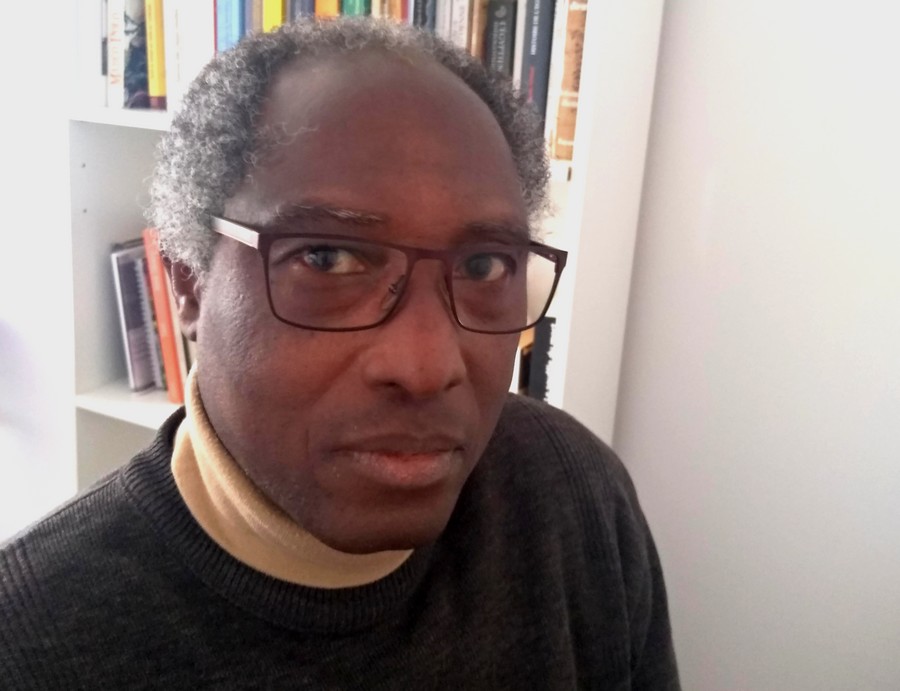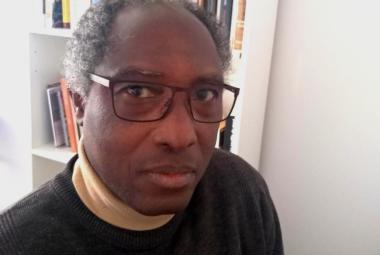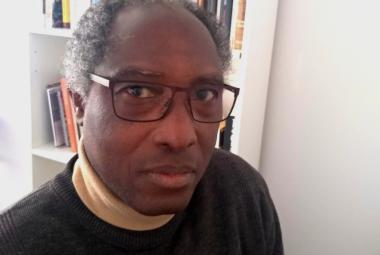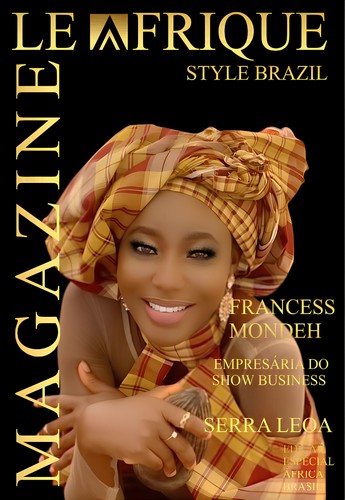Mali, Guinea, Burkina Faso… failed coup attempt in Guinea-Bissau. And now a coup in Niger. To which country the next round?...
How far will the "Kaki Pandemic" that has gripped West Africa stop? If certain military interventions have sometimes made it possible to unblock complex and inextricable socio-political situations, the coup d'Etat is in no way to be wished on a country. And, if by misfortune he were to intervene, he should only have a function of public safety if necessary. Under these conditions, the accession of soldiers to power must be as brief as possible. It should last just as long as necessary to allow the democratic process that has been interrupted, rightly or wrongly, to be put back on track. Because sovereignty belongs to the people and to them alone it is up to them to designate the one to whom to summon Power. And no one other than him can arrogate this Power to himself under any pretext. The people can make mistakes, the people have the right to make mistakes, but only the people also have the right to choose who should lead them according to their social project, in compliance with the rules established by all the components of the country. and without exception.
For a long time, instead of having Armies of Professionals, Africa continued to form in most countries Armies of Civil Servants. Accustomed to spending most of their service as State officials - sometimes without even fighting once in a real situation in their entire career -, and the conditions in which certain armies have so far evolved is a matter of concealment misery. However, Islamic terrorism and the prevailing insecurity in West Africa have disturbed the legendary idleness of the Armies, often quick to obey and support dictators to the detriment of the legitimate democratic aspirations of their peoples. Even if it means repressing civilian demonstrators with their bare hands, including firing live ammunition at these defenseless people, than fighting against real enemies.
You have to be as naive as possible to start blissfully applauding the soldiers who take power. Indeed, it is infinitely easier to make a coup than to fight against terrorists and much more against civilian demonstrators with bare hands. Any soldier who discovers a national destiny should return his fatigues and enter the political arena to be dubbed. Instead of hiding behind problems of jihadist terrorism and insecurity to hide the temptation of power from a new generation of African soldiers who are certainly better educated but no more gifted to govern than their predecessors. Quite the contrary! And it is this propensity, even passion of African soldiers to interfere where they are not expected that should alert. The vocation of the military is not to govern but to fight. We know when they come to power but never when they leave it. The soldiers must stay in the barracks or change jobs if they discover a vocation as political actors and aspire to govern their peoples. Power is conquered through the ballot box with a social project and not by force.
In his column on RFI, Burkina: en attendant les miracles…(Editor’note : Burkina : while waiting for miracles), the editorialist Jean-Baptiste Placca writes: “If coups d’Etat are contrary to good democratic morals – and they are – then they should not be accepted , even lip service. Nigeria has already had to defeat a coup in Sierra Leone, and Senegal in The Gambia. And we are waiting to know what expertise the military avail themselves of to consider themselves more qualified, to lead their country, than doctors, teachers and so many other useful professions. The putschists justify their coup by what they see as failures in the leadership of an elected head of state. At this price, many heads of state around the world would lose power after two years. In the United States, in France, in Japan…”
We should hardly delude ourselves. Can’t be Thomas Sankara or Jerry John Rawlings who wants. West Africa has not known a charismatic military since the turbulent times of the 1970s. No matter what the new "Revolutionaries" would like to defend, what is asked of them is nothing more than to return their "Kaki" and to be elected first if they consider themselves ready for the political struggle and that they believe they can do better. It is hardly by opposing France and appealing to Russia that one builds the stature of a charismatic and Pan-Africanist leader. It is a refrain that civil dictators on the continent are used to trumpeting whenever they are singled out by a foreign partner. For having failed in their democratic obligations or for violating human rights. Or simply because they are not legitimate, which is indeed the case for all putschists in power today. As Constant Sinzogan would say: "The fundamental question for the African that I am, a sovereignist but rationalist, is this: why should we pass from master to master, from guardianship to guardianship, from chapel to chapel, from lap to lap with a naive and idiotic enthusiasm without ever alerting us to the selfish maneuvers of our local potentates who make us believe in a phantasmagorical French enemy for not facing up to their democratic responsibilities?”
By Marcus Boni Teiga

















